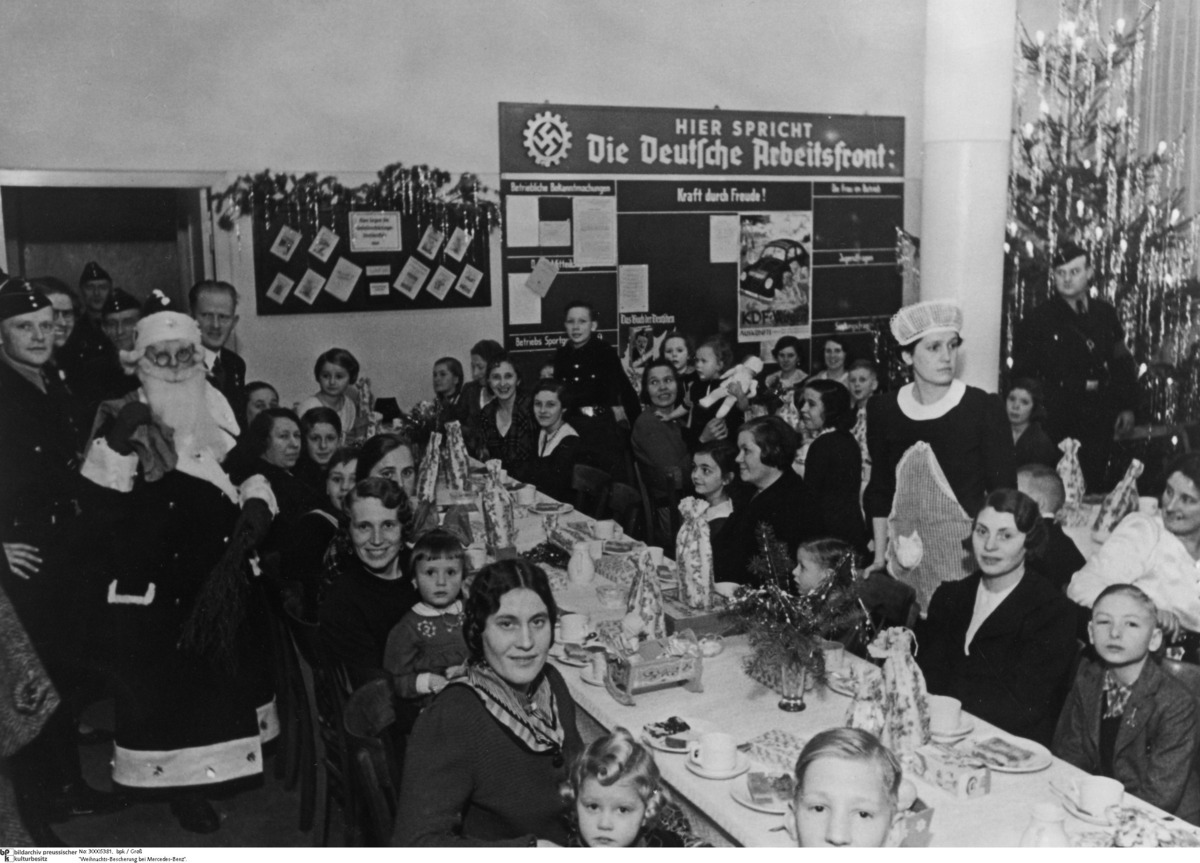Abstract
The rapid economic recovery and the almost complete end to
unemployment were among the Nazi regime’s greatest domestic successes.
But because these developments were means to an end—with that end being
preparation for war—they benefited German workers less than might have
been expected. For example, the Nazi government’s restrictive salary
policy caused real salaries to stagnate while supply bottlenecks drove
up the price of many consumer goods and foodstuffs. The state became
increasingly active in directing the economy within the larger context
of war preparation, and this involvement led to the forced allotment of
labor chiefly to agriculture and the armaments industry, where the
average work-week steadily increased until the end of the war. Workers’
growing displeasure with these and other realities were reflected in the
opinion surveys taken by the Nazi regime. On the other hand, the memory
of the poverty of the depression years was deeply rooted, and many
workers were grateful to the Nazi government despite the shortcomings of
its economic and employment policies. Photo by Groß.
The bulletin board in the background features the latest news and
announcements from the German Labor Front. A “Strength through Joy”
poster can be seen among other postings.
